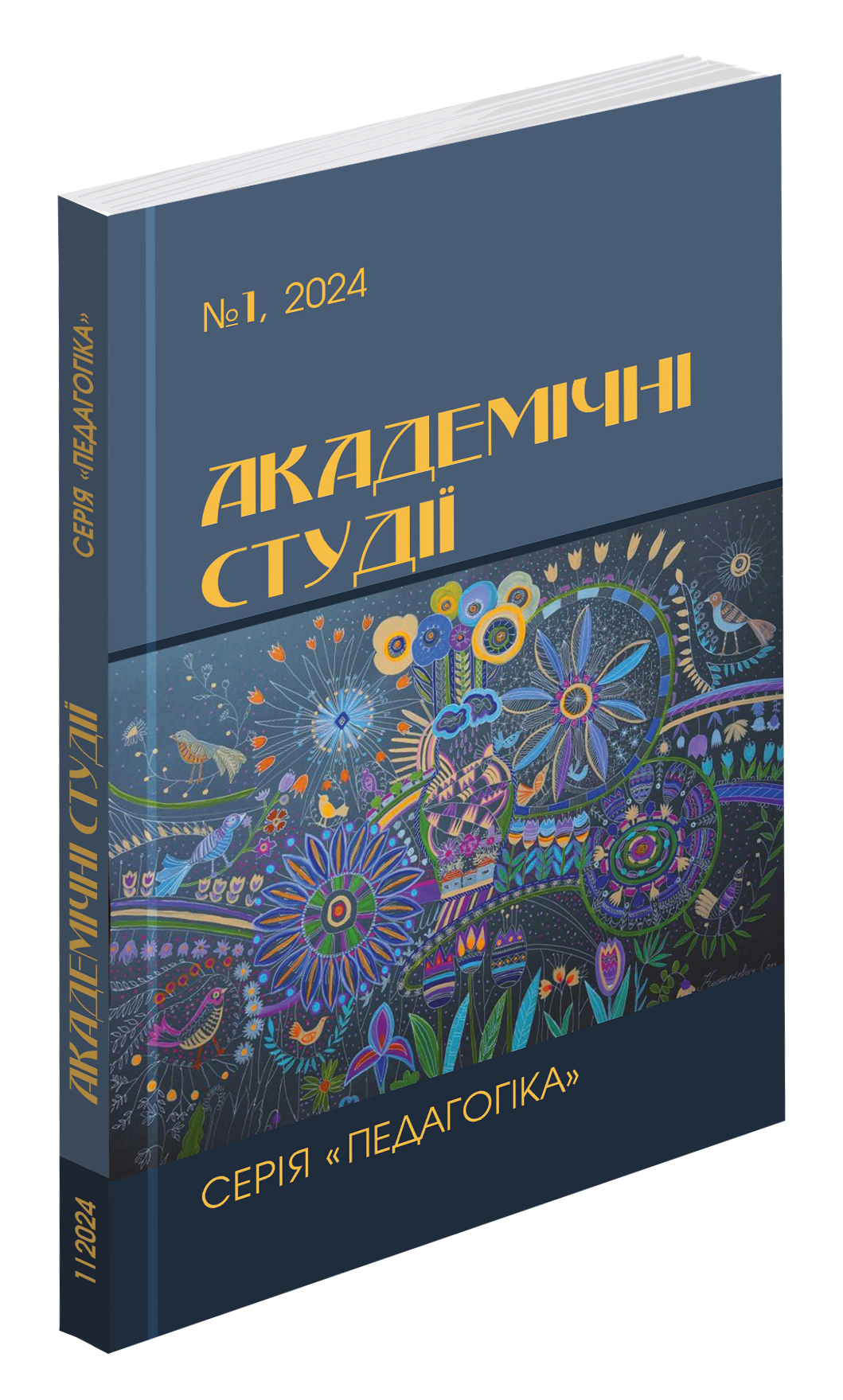Abstract
This article examines the evolution of teacher professional development in Canada, focusing on the growing role of information technology in the educational process. In the context of the global transition to digital learning, the Canadian education system is faced with the need to adapt teaching staff to new requirements, which includes changes in curricula, teaching methods and approaches to knowledge assessment. Special attention is paid to the influence of information technologies on teaching methods and professional development of teachers, which transforms traditional forms of education towards interactivity, flexibility and individualization of the educational process. The article analyses in detail modern trends and research related to the integration of digital resources into pedagogical practice, including the use of electronic textbooks, online platforms for collaboration and exchange of experiences, as well as programs for the development of critical thinking and creativity of students. Examples of successful implementation of projects on digitalization of education, which contribute to increasing the motivation and involvement of students in the educational process, are considered. In addition, the article emphasizes the importance of continuous professional training and self-development of teachers, who must be ready not only to use the latest technologies, but also to adapt to rapidly changing educational trends and the needs of society. The strategies and programs of sub-sectors are discussed seeking qualifications that allow teachers to effectively implement innovative teaching methods and create conditions for critical reflection and rethinking of their own practice. The article calls for further research into the challenges and prospects that arise in connection with the digitalization of the educational process, emphasizing the need to develop comprehensive approaches to the training and support of teaching staff in response to these changes. The author believes that the key to the successful integration of the latest technologies in education lies in the purposeful and systematic inclusion of information technologies in the strategy of professional development of teachers, which will contribute to the improvement of the quality of education and the development of an innovative educational environment.
References
Smith, J. (2020). The Role of Information Technology in Modern Education. Journal of Educational Technology, 15(2), 45–58.
Johnson, A. (2019). Integrating Technology in the Classroom: Strategies for Success. Educational Leadership, 76(4), 22–31.
Brown, K. (2018). Challenges and Opportunities of Educational Technology in Schools. International Journal of Educational Technology, 7(3), 112–125.
Lee, C. (2021). Enhancing Teaching and Learning through Information Technology: A Review of the Literature. Journal of Educational Research, 30(1), 88–102.
Williams, M. (2019). The Impact of Technology on Student Achievement: A Meta-Analysis. Educational Psychology Review, 25(4), 567–581.
Martinez, R. (2020). Professional Development Strategies for Technology Integration in Schools. Journal of Teacher Education, 40(2), 211–225.
Garcia, S. (2018). Digital Literacy and the Modern Teacher: Strategies for Success. Educational Technology & Society, 21(3), 112–125.
Thompson, L. (2019). Overcoming Challenges in Technology Integration: Lessons from Experienced Teachers. Journal of Educational Technology Systems, 35(2), 245–259.
Rodriguez, E. (2021). Trends in Educational Technology: Implications for Teacher Preparation. Journal of Teacher Education, 38(4), 511–525.
Kim, H. (2020). The Future of Educational Technology: Emerging Trends and Innovations. Computers & Education, 45(3), 378–391.

